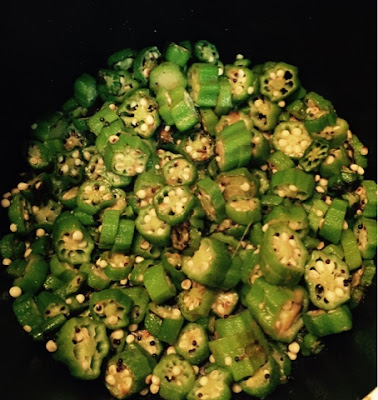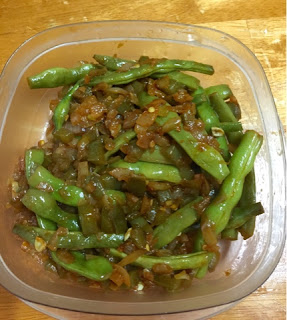Sorry for the lack of posts lately. Finals are quickly approaching, we suddenly had a immunology quiz (more on that later), and the term is wrapping up. Today, I thought I would do a post on our immunology quiz that we had last week and a few meal prep ideas.
Immunology Quiz
The class was anticipating a quiz but didn't anticipate it to be in class. So, when we found out about that piece of information, the class frantically started studying for the quiz. The professors agreed that it would be beneficial for the class to take a timed, in-class quiz to better prepare for the finals. While I was studying for immunology, I simply did not understand why the professors would suddenly decide to give a quiz of this sort. In retrospect, they were correct. If it wasn't for the quiz, I would not have made time to re-study the 10-12 lectures. Now, a week after the quiz and 2 weeks before the final, I am so glad that reviewing those 10-12 lectures for the final will be much easier. I have plenty of other studying that I have to complete as well! We have a new professor for immunology this term so it was unclear how the questions would be structured on the quiz. However, as usual, I went through each lecture at least 4 times before the quiz and briefly looked over the Complement flow chart I had made pre-midterm (so glad I looked at the chart). I also found it helpful to make a chart for all the cytokines and the immunoglobulin lectures. For future Term 2 students, start memorizing cytokines early. The material builds up very quickly!
Meal Prep Sunday
Last week I decided to make 2 dishes for the week. The first is a dish I experimented with a few weeks ago and it turned out great. So, I made it again. It is a spicy Chinese eggplant dish with a hint of garlic and ginger. The recipe recommends green onions, but I used regular onions which worked out well too. I also added green peppers to the dish to prevent them from going bad this week! This dish has become one of my favorites. The second dish I made was a potato and onion preparation which I eat with bread or naan or tortillas. Although I got the idea from my mom a long time ago, it was my first time making it myself. I'm so glad it turned out better than expected. J and I cooked together last weekend and it took us about an hour to finish both dishes.
Only 3 more weeks until we are back in the US for the holidays!!! Count down has officially begun! :)
A shout out to our deans who came and spoke to Term 2 students yesterday about a number of administrative and student-related issues. Thank you!
Hope everyone is having a great week! SGU students, only a few more weeks to go! Keep up the hard work! :)





















